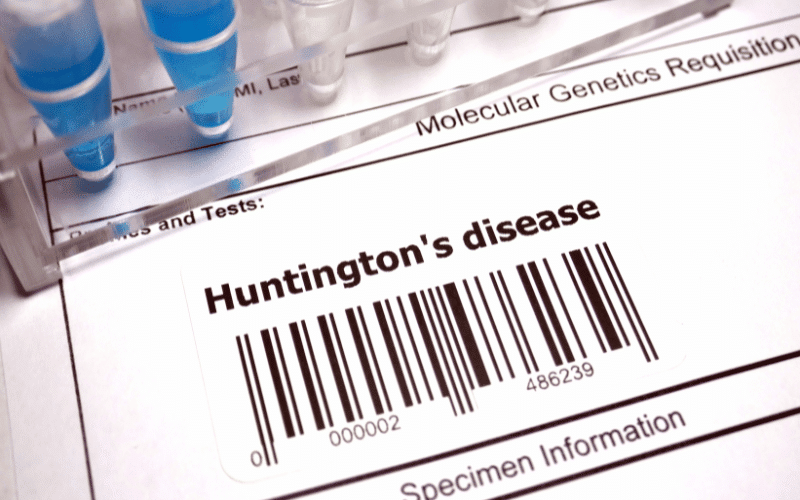Frequently Asked Questions About Huntington’s Disease

1. What is the age of onset for Huntington’s Disease?
The onset of Huntington’s Disease generally occurs in middle adulthood, typically between the ages of 30 and 50. However, the disease can also occur earlier (juvenile Huntington’s) or later in life, depending on the individual’s genetic makeup.
2. If one of my parents has Huntington’s Disease, will I definitely get it?
No, you won’t definitely get it. If one of your parents has Huntington’s Disease, you have a 50% chance of inheriting the faulty gene. If you inherit the gene, you will eventually develop the disease, but if you don’t, you will not develop the disease or pass it on to your children.
3. Are there any treatments or cures for Huntington’s Disease?
As of now, there’s no definitive cure for Huntington’s Disease. Current treatments focus on managing symptoms and improving the quality of life for the individual. However, the future looks promising with ongoing research, particularly in the area of gene therapy.
4. Can you live a normal life with Huntington’s Disease?
Living with Huntington’s Disease does require adjustments, but many individuals are able to maintain an active and fulfilling life for many years following diagnosis. A well-coordinated care strategy, incorporating medications, physical therapy, occupational therapy, and psychological support, can help manage symptoms and maintain quality of life.
5. How does Huntington’s Disease affect the brain?
Huntington’s Disease primarily affects the basal ganglia, an area of the brain responsible for movement control. The disease leads to the death of neurons in this area, causing motor control issues. Over time, the disease progresses, leading to cognitive and psychiatric symptoms as other areas of the brain get affected.
Conclusion: Understanding and Living with Huntington’s Disease
In conclusion, Huntington’s Disease is a complex and challenging neurodegenerative disorder, genetically transmitted with profound impacts on the individual’s motor control, cognitive function, and psychological wellbeing. These fifteen facts about Huntington’s Disease offer an in-depth look into the disease’s essence, symptoms, impacts, and ongoing research, empowering us to better understand, empathize, and support those living with the disease.
However, it’s vital to remember that behind these facts, are individuals living with HD and their families, showing great courage and resilience. The more we learn about HD, the more we can contribute to supporting them, whether that’s through research, advocacy, or caregiving. While HD currently has no cure, ongoing research and advancements provide hope for better treatments and potentially a cure in the future. As we forge ahead, let’s take these facts not just as information but as a call to action in the fight against Huntington’s Disease.